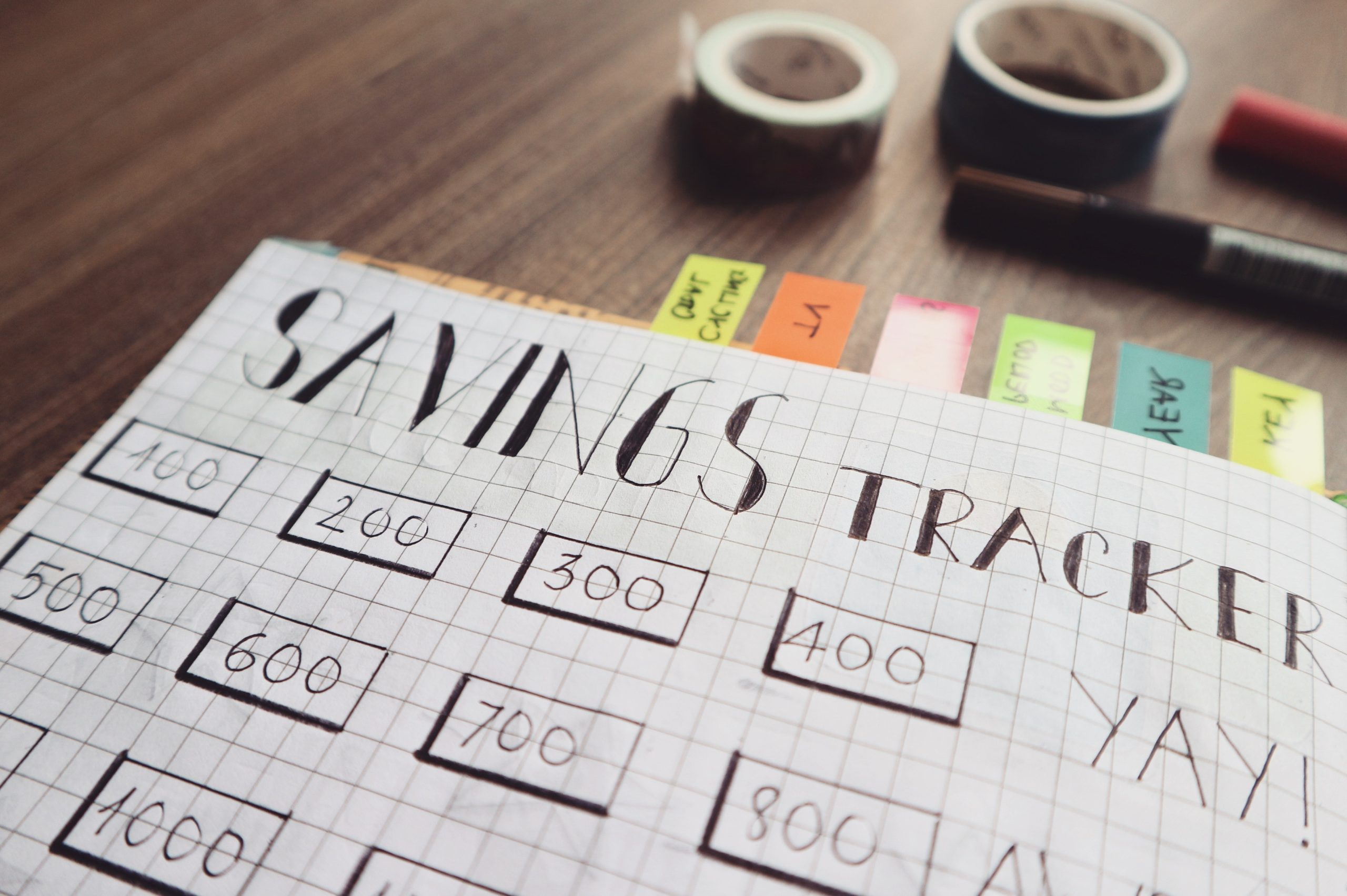Managing your finances can be a challenging task, but it is crucial to ensure that you are living within your means, paying bills on time, and saving for your future. However, keeping track of your finances can seem like a daunting task, especially if you don’t have a system in place. Fortunately, there are several ways to keep track of your finances for free, and in this article, we will explore some of the most effective methods.

1. Create a Budget
The first step in keeping track of your finances is creating a budget. A budget is a financial plan that outlines your income and expenses. It can help you to identify areas where you can cut back on spending and save more money. There are several free budgeting tools available online that can help you to create and manage your budget.
Mint is one such tool that allows you to connect your bank accounts, credit cards, and other financial accounts to track your spending and income automatically. The tool categorizes your expenses and provides you with a visual representation of your spending patterns. Other free budgeting tools include Personal Capital and EveryDollar.
2. Use a Financial Spreadsheet
Another way to keep track of your finances is by using a financial spreadsheet. You can create a spreadsheet using Microsoft Excel, Google Sheets, or any other free spreadsheet tool available online. A financial spreadsheet allows you to manually enter your income and expenses, track your spending, and monitor your progress toward your financial goals.
You can create different tabs in your spreadsheet to track different aspects of your finances, such as your monthly expenses, debt payments, and savings goals. By using a financial spreadsheet, you can get a clear picture of your financial situation and identify areas where you need to make changes.
3. Sign up for Free Credit Monitoring
Monitoring your credit score is an essential part of managing your finances. A good credit score can help you to secure loans, credit cards, and other financial products at a lower interest rate. Several free credit monitoring tools are available online that can help you to track your credit score and report.
Credit Karma is one such tool that provides you with free credit scores and reports from two of the three major credit bureaus. The tool also provides you with personalized recommendations to improve your credit score. Other free credit monitoring tools include Credit Sesame and WalletHub.
4. Use Cashback Apps
Cashback apps are a great way to earn money while you shop. These apps offer cashback rewards for purchasing specific products or shopping at particular retailers. You can earn cashback rewards by scanning receipts, linking your debit or credit card, or using promo codes.
Some of the popular cashback apps include Rakuten, Swagbucks, and Ibotta. These apps allow you to earn cash back on purchases made at popular retailers such as Amazon, Walmart, and Target.
5. Review Your Bills and Subscriptions Regularly
It’s essential to review your bills and subscriptions regularly to ensure that you are not overspending. Many of us have subscriptions for services we no longer use, and these can add up quickly over time. By reviewing your bills and subscriptions regularly, you can identify areas where you can cut back on spending.
You can also negotiate with service providers to lower your bills or switch to cheaper alternatives. Several free tools are available online that can help you to track your subscriptions and cancel those you no longer need, such as Trim and Truebill.

6. Set Financial Goals
Setting financial goals is essential to keep you motivated and focused on your financial journey. Your goals could include paying off debt, saving for a down payment on a house, or building an emergency fund. By setting specific, measurable, achievable, relevant, and time-bound (SMART) goals, you can track your progress and stay motivated.
There are several free goal-setting tools available online, such as Trello and Asana. These tools can help you to break down your goals into smaller, manageable tasks and track your progress towards achieving them.
7. Automate Your Finances
Automating your finances can help you to save time and reduce the risk of missing payments. Many banks and financial institutions allow you to set up automatic payments for bills and savings. By automating your finances, you can ensure that your bills are paid on time and that you are saving regularly without having to remember to do it manually.
8. Track Your Net Worth
Your net worth is the difference between your assets and liabilities. Tracking your net worth regularly can help you to monitor your financial progress and identify areas where you need to make changes. There are several free net worth tracking tools available online, such as Personal Capital and Net Worth Tracker.
In conclusion, keeping track of your finances is essential to ensure that you are living within your means, paying bills on time, and saving for your future. There are several ways to keep track of your finances for free, including creating a budget, using a financial spreadsheet, signing up for free credit monitoring, using cashback apps, reviewing your bills and subscriptions regularly, setting financial goals, automating your finances, and tracking your net worth. By using these methods, you can take control of your finances and achieve your financial goals.




